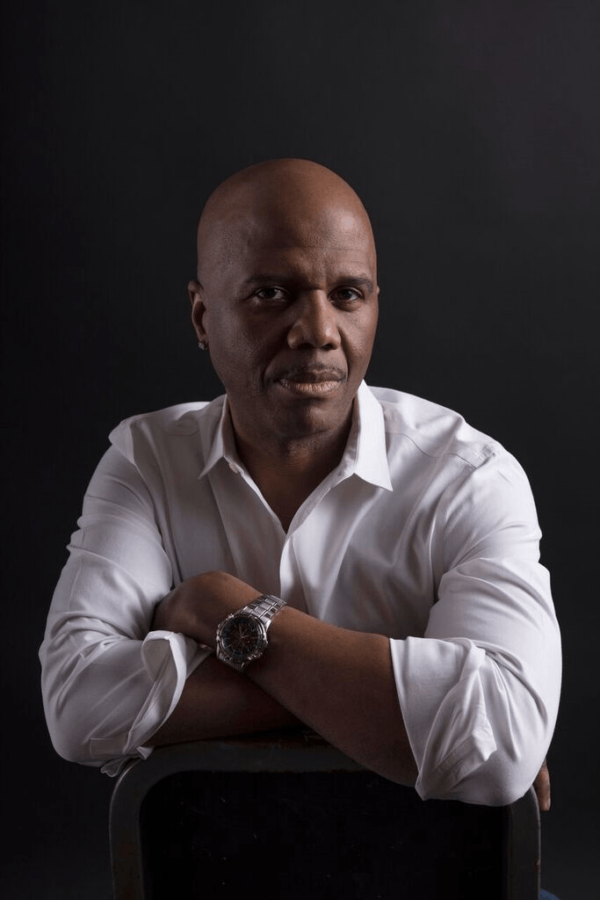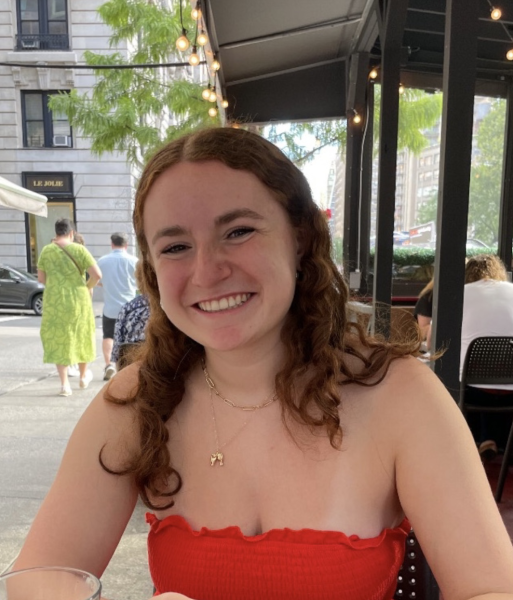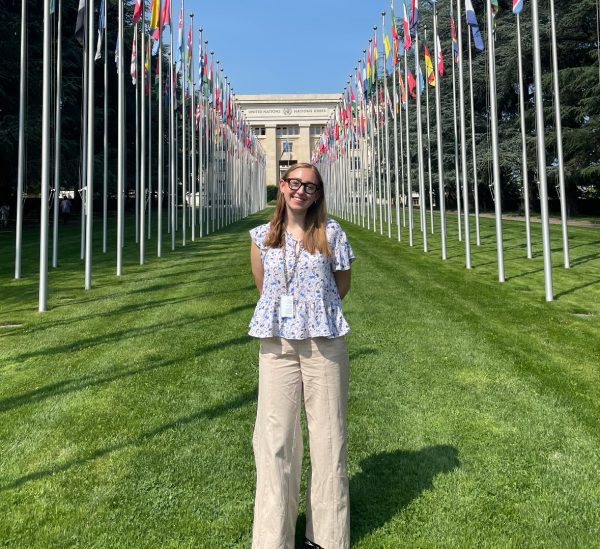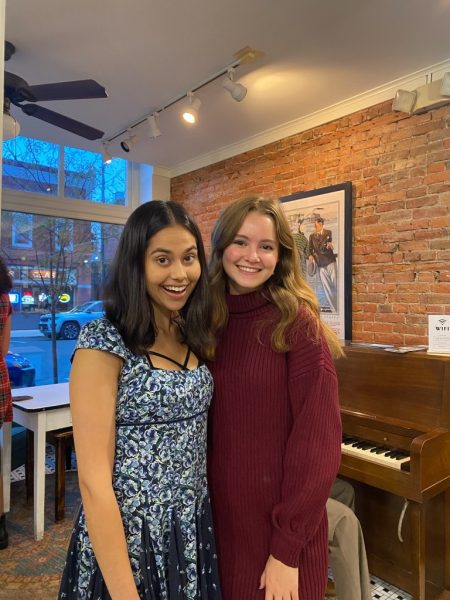Kyle Bass: A Playwright Sharing his Passions
Professor Kyle Bass has had “a bizarre, interesting, unchangeable route” to instructing undergraduate students in all things drama. When asked about his first teaching experience, Bass joked that he taught his sister, Crystal, the C major prelude by Bach. She can’t read sheet music, so he taught her the song by key, and she still remembers how to play it.
While Bass initially thought he wanted to be a concert pianist, when a typewriter arrived in his childhood home, a new career path came to mind.
“I was able to type things into it and they would come out like words I saw in books, and they looked like the things I read, and I was like, ‘Hm!’ … So, writing became the thing. I was playing the piano and I saw it like another keyboard. But, I was also applying it to myself creatively, but now as a creator rather than an interpreter. As a pianist I was playing the music of other composers, with the typewriter I was creating my own work.”
Since then, Bass has authored a number of award-winning full length plays, including “Possessing Harriet,” and has taught playwriting at Colgate, Syracuse and other universities. He chose to teach because he loved his own time as a student.
“I loved school – the idea of investigation, curiosity – and I love learning. The only way I get to experience certain aspects of being a student is to have students myself and see in them the ‘light dawn’ of understanding, as it did for me when I was young, and so I can relive it as it happens to [students],” he said.
Bass arrived at Colgate in 2011 in “one of those casual liberal arts university relationships,” first teaching one playwriting course a year. Bass’s connection to Colgate did not begin once he started working in Hamilton, though. He’s from upstate New York, so he’s always been familiar with the school, and his cousin, Diane Ciccone, was one of the first women to graduate from the University and has a commons named after her.
“I like that Colgate knows that it has work to do on certain things,” he said. “I love its excellence, I love the rigor that is expected of the students and faculty, I love that to a very great degree the students are wonderful… I love the liberal arts education.”
His “narrow” relationship with Colgate was interrupted somewhere between the years of 2013 and 2014 when he was going to have a world premiere of a new play. The relationship blossomed, however, when he was later named the Gretchen Hoadley Burke ’81 Endowed Chair in 2018, an annual appointment that supports excellent teaching and research in the Upstate New York area. He is now a full time faculty member within the theater department. This spring semester, he is teaching Playwriting I and Narrative Screenwriting.
Both classes are remote, but he believes that Zoom is a little kinder to his writing craft classes than the performance variety, since he’s mostly leading the class in sharing and critiquing work. However, Zoom isn’t perfect. He’d even go so far to say that he “despises teaching remotely with all [his] heart.” He sees teaching as a live performance in a space like a stage — Zoom cannot replicate that.
Whether on Zoom or not, though, Bass exhibits a clear passion for his craft and his students.
“Teaching and being involved with the academic lives of the students is what I love most,” he said.
Beyond his courses, Bass also takes student advising seriously.
“I mean everybody does,” he reassured. Bass, however, “[has] a hard time saying no.” He calls his advisees his “advising group” and they all meet together in addition to the individual advising appointments Bass conducts.
“In Dana Hall, it’s harder to create community within the [theater concentration] because the building is not conducive to it, it’s like a joke rendered as architecture. So, we meet [three times throughout the semester] and just talk theater, as a field, an endeavor. This way, the theater [concentrators] get to know each other, they become familiar with their cohorts and their interests. It’s the little thing I can do to try to establish a sense of community amongst the theater majors,” Bass said. “We’re a small department, students don’t generally come to Colgate and think a theater major, but they do eventually come to us because we’re the dark side and we’re very seductive.”
Bass also conceived the Contemporary African American Drama course, which he taught for the first time in the Spring 2020 semester, which was obviously challenged by the sudden switch to Zoom.
“It’s already fraught with discoveries yet to be made about our course, you don’t know how a course is going to be until you put in the laps of students, and then you learn,” Bass said.
Despite all of this, Bass still considers the course a success and plans to offer it again in the future when the class is actually able to go see live performances. The course introduces plays written by black playwrights and/or about the African American experience, “but [with plays] written like last night,” said Bass.
“There’s no scholarship, you can’t go to the library to read about it, you’ve got to read the play,” he continued. “Really my focus is the dramaturgy of the play — what is in this play? What is its structure? What does this say about Black experience? It’s a guided, thoughtful exploration of these works, and it does end up being an introduction. Because it’s so fresh, it does resonate with students.”
Bass was commissioned by the Onondaga Historical Society to pen the play “Possessing Harriet,” which had its world premiere at Syracuse Stage in 2018. It dramatizes a meeting that Harriet Powell, an enslaved person in Syracuse, had with Elizabeth Cady Stanton along what would eventually be called the Underground Railroad.
The play has been wildly successful so far. When asked if he sees it going beyond the stage it’s playing in in New Jersey, he laughed and said “My agent does!”
“I also am very tempted to write a screenplay version, as a matter of fact I’ve written the opening two shots, so that’s an exciting possibility,” he said. “There’s also the possibility of it as an opera. I think it already holds my musical proclivities… I think it would make a marvelous opera.”















